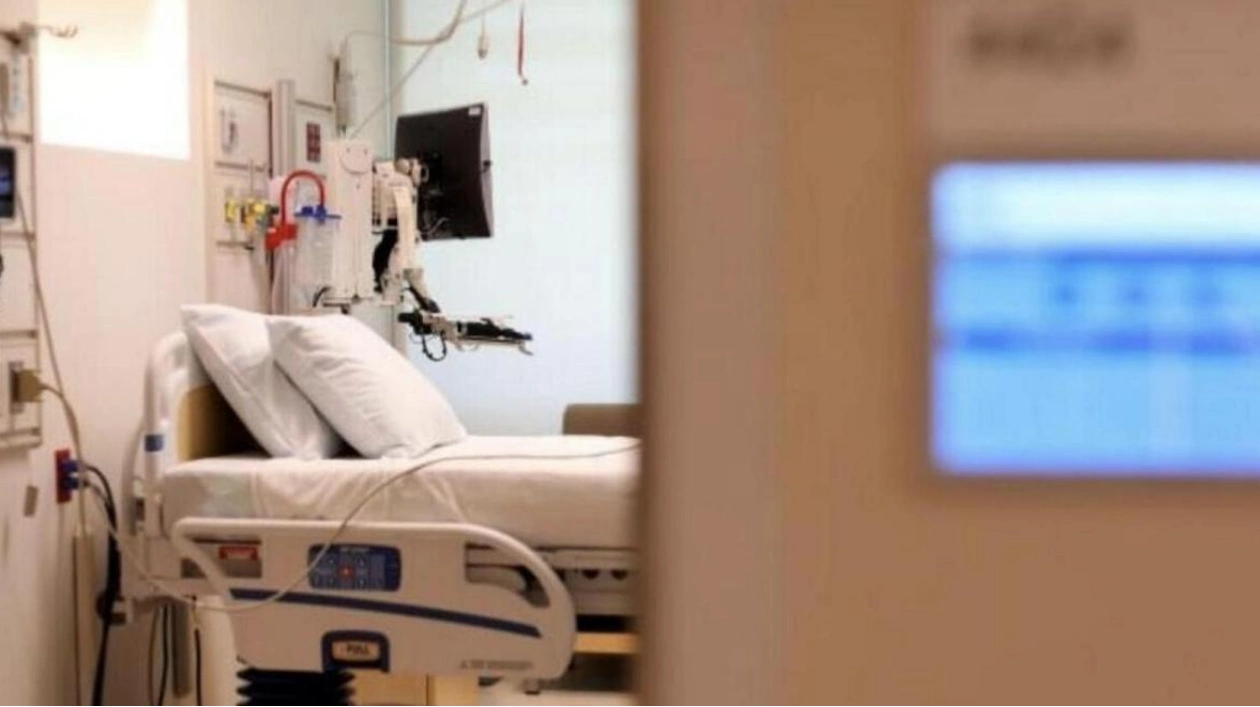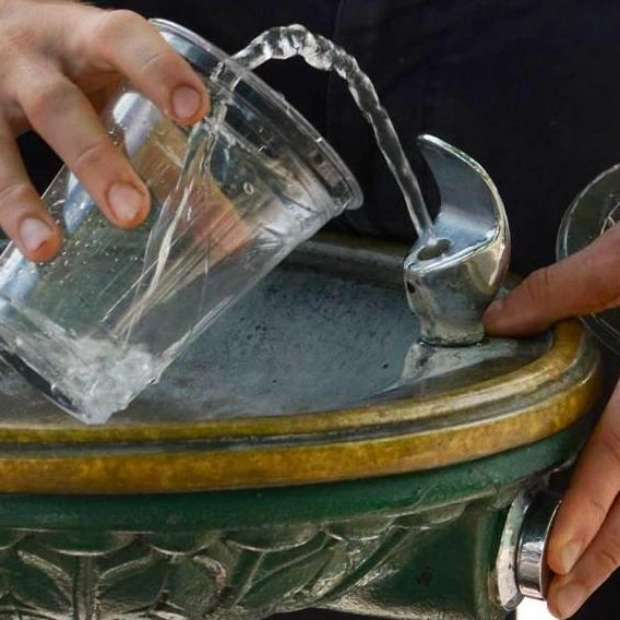For 31-year-old M.K., her third pregnancy six years ago was extremely high risk. Having experienced a stillbirth a year before, she had to terminate her pregnancy due to a chromosomal anomaly. On Sunday, she expressed relief at the UAE’s Ministry of Health and Prevention (Mohap) announcement regarding the procedures and controls for permitted abortions. “I had already had a stillbirth and doctors were certain that if I carried the pregnancy to term, my health would be severely impacted,” she explained. “At the time I was in India and the option of abortion was easily accessible to me. Since moving to the UAE, I was concerned about what would happen if I ever got pregnant again. However, now I feel reassured knowing that such an option is now available to me here as well.” In its recent announcement, Mohap outlined several conditions and established a committee in each health authority to scrutinize abortion requests. The medical community welcomed this move, making it easier for pregnant women in the country. “In the past, some women had to travel abroad to access safe abortion services,” noted Dr. Dani Hanna, head of department and consultant Obstetrics & Gynecology at Canadian Specialist Hospital Dubai. “This amendment ensures that such critical healthcare is available within the country, providing a safer and more supportive environment for women’s health.” Dr. Kishan Pakkal, CEO at International Modern Hospital, also praised the government’s decision. “I commend the government for implementing a rule on abortion that prioritizes the preservation of women’s lives and their safety,” he said. According to Dr. Jasbir G. Chhatwal, specialist obstetrics & gynecology at Zulekha Hospital, the policy is a relief for families dealing with heartbreak. “The policy takes into account all aspects like safety, religious, cultural beliefs of the country. It will surely be a life saver for our mothers,” he said. “It will be of great relief for couples who are already devastated and mentally drained out when they find out that they have an anomalous baby, or the mother’s life is at risk due to pregnancy.” The move will reduce risks in multiple ways, according to Dr. Amal Aburawi, consultant obstetrics & gynecology at Saudi German Hospital Dubai. “The recent amendment of the UAE abortion law will reduce the risk of mums having any physical and mental negative impact,” she said. “It will also tremendously reduce the risk of having unsupervised options away from authorised personnel. We have many women approach us to discuss their available legal options to terminate unwanted pregnancy either for medical or mental reasons. The amendments take place under a legal authorised and supervised umbrella to ensure the safety of the women who will undergo such procedure.” The decision on abortion requests will be made by a dedicated committee formed by Mohap or the head of an emirate’s health authority, comprising three doctors: one of them is an obstetrics and gynaecology specialist; the other is a psychiatry specialist, and there should also be a representative from the Public Prosecution. “The new regulations are a positive step towards regulating the abortion process in line with international standards and protecting individual rights,” said Ghouson Bashir, legal consultant. “They emphasize the importance of providing necessary healthcare for pregnant women in critical circumstances, while maintaining a balance between protecting the mother's life and the rights of the fetus.” According to James Clarke, Of Counsel at BSA Law, more information is awaited on an emirate level. “The announcement is a clarification of what was announced a few months ago,” he said. “The crux of the matter is that while there are federal rules on reproductive health at all levels, much is devolved to an individual emirate level. It is awaited and it will come but in the meantime, the medical professionals are navigating it carefully.”

Text: Lara Palmer
12.06.2024
New procedures and controls for permitted abortions provide relief and safety for women in the UAE





